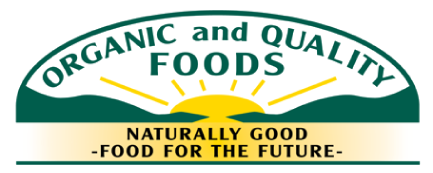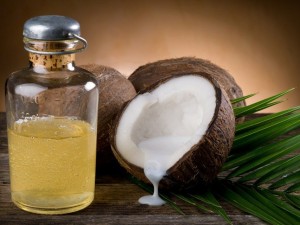The invisible danger
It’s in food, packaging and cosmetics: aluminium. The light metal is suspected of damaging organs and increasing the risk of developing dementia or breast cancer. We cannot avoid the absorption of aluminium. But there are many sources that we can easily avoid.
How to avoid aluminium in everyday life
Personal hygiene
Aluminium is not only in deodorants, but is also hidden in lipsticks, sun creams and toothpaste with a whitening effect. A look at the ingredients is always worthwhile and many products now advertise that they are aluminium-free. If aluminium-containing deodorants and whitening toothpastes, which can attack the enamel, are used regularly, they contribute significantly to the total amount of aluminium taken up.
Medical
Medicines also contain this light metal. In the first place are so-called antacids, drugs for neutralising gastric acid in heartburn, which are very often prescribed. A single tablet contains more aluminium than you should consume per week, and its active ingredient gets directly into the bloodstream. Anyone who is vaccinated, for example against tetanus or the flu, should know that over 90% of all vaccines contain aluminium as a potentiator. Various hyper sensitisers, diarrhoea medications and some lipid-lowering agents also contain aluminium. Alternatives without the light metal are available – ask your doctor about them.
Food
Since aluminium is already found in the earth’s crust, it can already exist in unprocessed food. This also applies to healthy foods such as legumes, nuts, oilseeds, mushrooms and spices. Teas are the frontrunners in aluminium content, as are chocolate and cocoa. The higher the cocoa content, the more aluminium there is, but also the less sugar.
Foils and packaging
Through acidic and saline foods or through contact with other metals, aluminium can detach from the aluminium foil and pan into the food. That is why sour things like apple pieces, lemons, pickles and salty things like feta, sausage and ham do not belong in aluminium foil, neither for storage nor for preparation. Metallic serving plates, saucepans and uncoated baking trays should not be covered with aluminium foil. Do not use cheap aluminium pans and pots.
Caution should also be exercised when it comes to ready-made meals that are placed in the oven in an aluminium-dish because heat intensifies the process of detachment. Accordingly, grilling on aluminium trays should also be avoided. Fortunately, there are aluminium-free and environmentally friendly alternatives: When grilling, you can use trays made of stainless steel, ceramic or enamel. For packaging there is sandwich paper, beeswax wraps and containers made of glass, stainless steel and porcelain. Preserves and drinks are well kept in glasses and reusable glass bottles.




